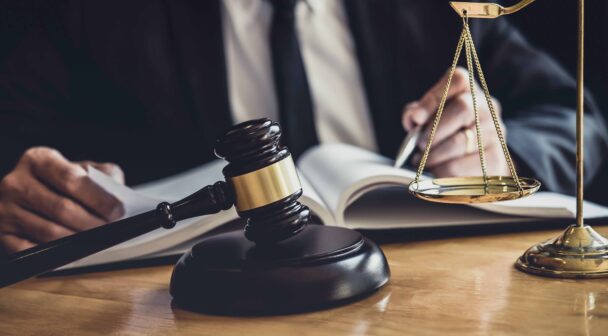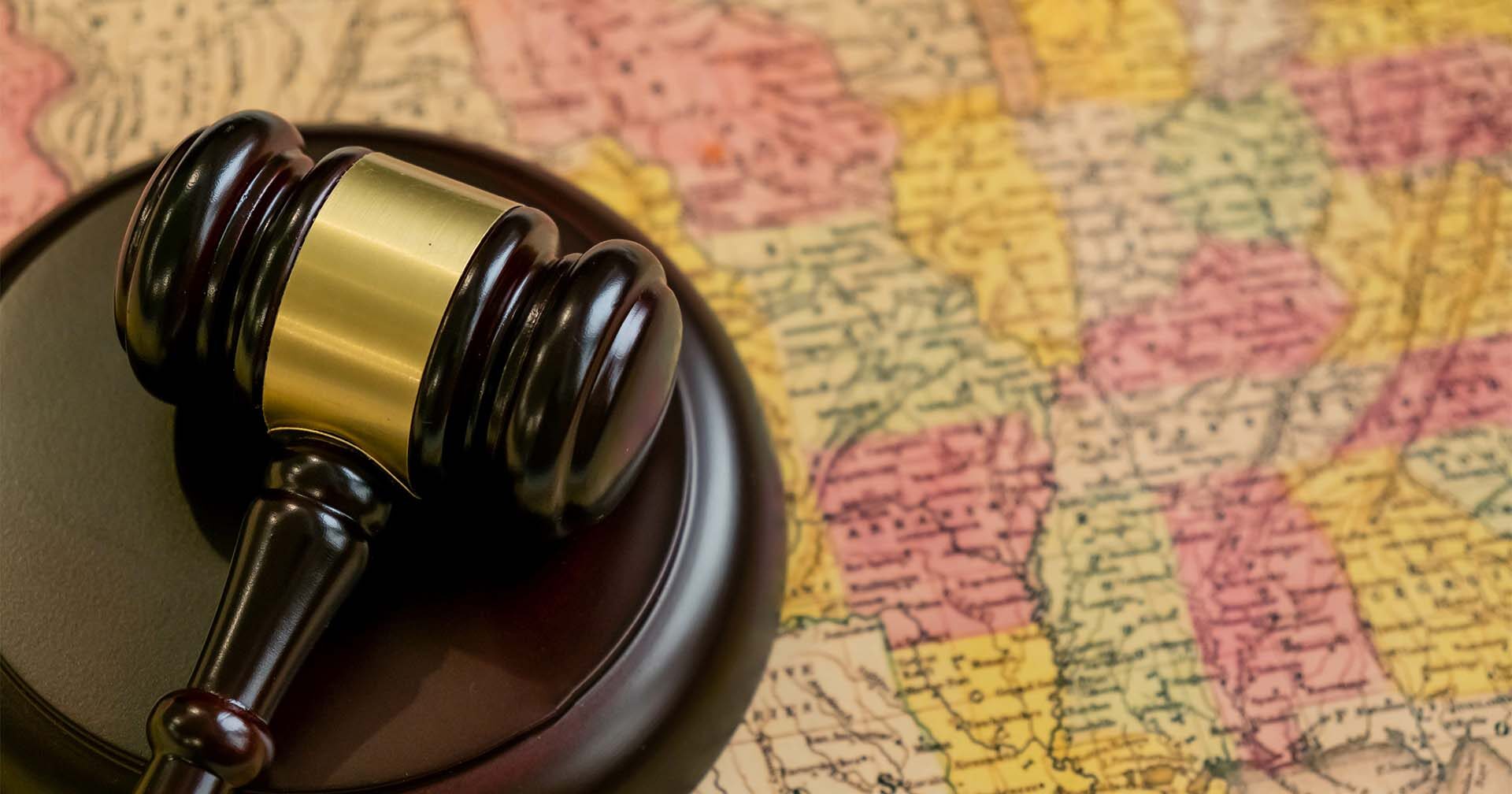Arbitration-Related Amendment to Act on Special Measures Concerning the Handling of Legal Services by Foreign Lawyers
US Lawyer
Joel Greer


According to a major empirical survey of international arbitration published in 2021, the
Singapore International Arbitration Centre (SIAC) is the most preferred arbitral institution in
the Asia-Pacific and the second most preferred institution globally, while Singapore ties with
London as the most preferred arbitral seat in the world (see https://zelojapan.com/lawsquare/25946 for
more information on this survey). SIAC and Singapore achieved these impressive results
after three decades of focused effort and commitment to provide companies with high-quality
arbitration services, and SIAC was justified in celebrating its 30th anniversary last year.
Recently, SIAC reported its 2021 caseload statistics, and a brief look at these figures indicates why SIAC’s reputation is well established. There were 469 new arbitration case filings in 2021 – SIAC’s third highest historically and twice the figure a decade ago. The total sum in dispute for these 469 new matters amounted to USD 6.54 billion; the sum in dispute for the single largest case was USD 1.95 billion.
Parties from 64 jurisdictions (including Singapore) arbitrated new cases at SIAC in 2021. The top non-Singaporean parties were from India, China, Hong Kong SAR, and the United States. Parties from Malaysia, Vietnam, South Korea, Ukraine, the United Arab Emirates, and Indonesia also were among the top 10 non-Singaporean users at SIAC. Twenty Japanese companies were parties as well. Further, approximately 400 arbitrators from nearly three dozen countries (again including Singapore) were appointed to SIAC tribunals last year.
Regarding the kinds of disputes among SIAC’s new cases in 2021, the majority related to the sale and purchase of goods, followed by matters concerning distribution agreements and licensing and service contracts, as well as those involving joint ventures, M&A, and corporate dissolution. New cases also included maritime/shipping disputes, construction/engineering disputes, and matters across sectors such as banking, energy, healthcare, insurance, intellectual property, real estate, and telecommunications.
In terms of governing law, the laws of Singapore, the United Kingdom, and India most frequently applied in SIAC’s new cases last year. The laws of another 18 jurisdictions, mainly from the Asia-Pacific and the United States and including civil and common law systems, also applied.
Additionally, SIAC reported statistics concerning parties’ use of certain mechanisms under its rules. For example, in 2021 SIAC received 15 requests for the appointment of an arbitrator specifically designated to handle requests for urgent interim relief (so-called “emergency arbitration”); SIAC accepted all 15 requests. SIAC was the first arbitral institution in the Asia-Pacific to introduce emergency arbitration provisions in its rules, in 2010, and since then has accepted a total of 129 requests to apply these provisions. In 2021, SIAC also received 93 requests to use its expedited procedures (designed to save parties time and cost where appropriate) and accepted 26 of these requests.
Overall, SIAC had a strong year in 2021. As even this brief review of its statistics indicates, SIAC continues to provide many companies from around the world and across various business sectors with high-quality arbitration services for cross-border disputes [1]. With attorneys who have considerable experience handling arbitrations in Singapore, both at SIAC and other arbitral institutions, ZeLo can attest firsthand to the excellent facilities that are available there.
[1] For more information about these statistics and other issues than that provided above, see SIAC’s Where the World Arbitrates Annual Report 2021, at https://siac.org.sg/wp-content/uploads/2022/06/SIAC-AR2021-FinalFA.pdf.
Please let us know if you have further questions or require our assistance on this matter. For further information on the above, please contact this form.
The information provided in this article does not, and is not intended to, constitute legal advice and is for general informational purposes only. Readers of this article should contact an attorney to obtain advice with respect to any particular legal matter.

